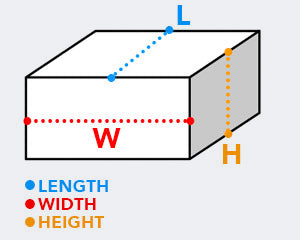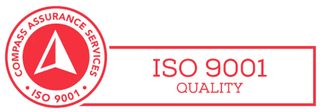
Magnetic Product Description:
This block magnet has a length and width of 10mm and a thickness of 5mm. It is N42 grade, has a gauss reading of 4400, and a pull force of 3.56kg. This magnet is identified by AMF Magnetics part number 22046.
Uses for our Rare Earth Block Magnets:
Although compact in size, these Neodymium Block Magnets are strong and their precise dimensions make them ideal for Mechanical Engineers, Industrial Designers, and Fabricators. The blocks are ideal for testing design concepts and can be used as a singular magnet or in a series which allows the holding strength to be adjusted throughout the prototyping phase of product design. Two or more of these magnets embedded in plastic, timber or resin can create a concealed join for component pieces. This offers instant assembly or dismantling, two properties that are advantageous in any product that comprises multiple components; handy for cleaning, packing and transportation purposes.
We supply this magnet to pool companies, printers, health service providers, web customers, microprocessor engineers, car, boat, jetski cover accessory manufacturers and more. Neodymium magnets are used for industrial measuring, weighing, automating, fastening, experimenting, designing and printing.
















